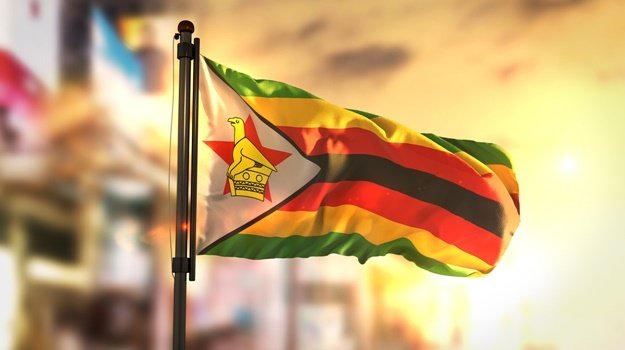

Zimbabwe on Thursday said it was dismayed by the White House’s “baffling” decision to extend sanctions against members of the southern African country’s ruling regime over rights abuses.
The United States first imposed sanctions, including financial and travel restrictions, in 2003 against then-president Robert Mugabe, members of his inner circle and state companies over rights abuses and rigged elections.
The US revises its position annually, and on Wednesday the White House sent a note to Congress extending the sanctions.
Zimbabwe’s secretary for information Nick Mangwana said the “government has noted with dismay the White House message” extending the sanctions for another year.
“Once again the government of the United States has chosen to strangely characterise Zimbabwe as a country that poses an extraordinary threat to the foreign policy of the United States,” he said in a statement.
“We find this a baffling position.”
The White House said that following Mugabe’s ouster in November 2017 and the July 2018 general election, “Zimbabwe has had ample opportunity to implement reforms… and open the door to greater cooperation” with the US.
“Unfortunately, President Emmerson Mnangagwa’s administration has yet to signal credible political will to implement such reforms,” the note said.
“Indeed, the Zimbabwean government has arguably accelerated its persecution of critics and economic mismanagement in the past year, during which security forces have conducted extrajudicial killings, rapes, and alleged abductions of numerous dissidents.”
But Zimbabwe’s government said it “strongly objects to the unfounded assertion that its security forces engaged in acts of extra-judicial killings and rape against its own citizens in the last year.”
At least seven people were gunned down and several other injured by soldiers dispatched to crush protests over delays in the release of election results in 2018.
In January last year at least 17 people were shot dead and scores injured when authorities deployed soldiers to break countrywide protests sparked by a more than 100% hike in the price of fuel.
